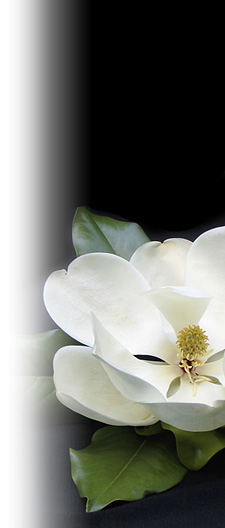Seven things I have learned while doing my degree
I received a phone call from my supervising lecturer yesterday with the good news that I’ve passed my Master of Arts (Creative Writing) degree.
And with a Distinction, too.
After three years of intensive, hard and sometimes frustrating work, I finally get to wear the funny hat and gown in a few months’ time. It has been a difficult and testing time, but there have been many highlights and fun times in there as well. My final thesis paper was a 40,000 word novel for children plus a 10,000 word exegesis essay on the research, influences and processes of writing. You can read more about the process in a series of articles here. Now I start the next phase in the process; trying to find a publisher to give my precious novel a good home. This could prove to be the hardest part of all.
So what have I learned?
Doing my degree has taught me some valuable lessons:
- Writers can always improve: no matter how much you think you know about writing, you can always get better.
- Writing is hard work: I have put in literally thousands of hours of writing, rewriting, editing and proofreading into my essays, assignments and novel.
- Writers need persistence: I must admit there were times when I almost gave up, when the task seemed too much or health issues intervened. By persisting I was able to finish the race.
- Writers learn to write by writing: there is no other way. Write, write, write – and your writing skills will develop.
- Rewriting is as important as writing the first draft: too often I have been satisfied with the attitude my first or second draft of a story or poem. Most first drafts are rubbish. My novel went through an incredible 17 drafts before I was truly happy with it.
- Editing is a part of the creative process: I used to hate editing my stories. I found it tedious and boring. I wanted to be rid of the story and to get on with the next one. Editing is an essential part of the writing process; ignore this stage and your writing will remain mediocre – and unpublished. I still don’t love editing, but I have come to appreciate its importance.
- Proofreading is an essential writing skill: editors and publishers are almost unanimous in their chief gripes about writers, and this one is almost always near the top of their list. If you don’t proofread your writing before sending it off to a publisher you stand a very poor chance of having the work published.
I could go on, but these seven things stand out. I probably could add patience too, because that lesson is still coming. Sure, I have had to wait a long time to get my final results, but the wait to hear from a publisher is sure to be much longer, and then the wait to hold the book in my hands may be even longer. But as they say, good things come to those who wait.
And if patience is a virtue, then I must be very virtuous.
Good writing.
Further reading:
 In due season: poems of love and loss by Valerie Volk is a very special book. It is beautifully presented with delightful photographs illustrating many of the poems.
In due season: poems of love and loss by Valerie Volk is a very special book. It is beautifully presented with delightful photographs illustrating many of the poems.


